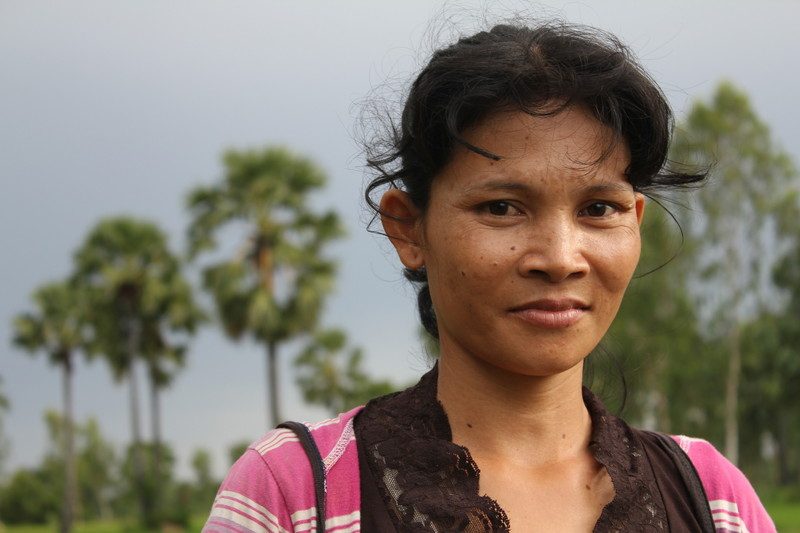By Dustin in Cambodia
The growth paradigm
Governments, businesses and many others continually prioritise the need for GDP growth, often at any cost, as the best means to improve people’s livelihoods. GDP growth is important, as it can create jobs, boost incomes and make people’s lives better. However, a more equitable world needs to move beyond the growth paradigm.
Equity through equality
In a brilliant book – The Spirit Level: Why More Equal Societies Almost Always Do Better – the authors put forward an amazingly comprehensive argument that it is in everyone’s interest to aim towards a more equal society. Once countries reach a certain level of (not so high) wealth, an enormous array of statistics show that more equal societies are much better off than similarly wealthy or even wealthier, but more unequal, societies. Greater equality is associated with less crime, better health, enhanced social cohesion and improvements in a vast array of other indicators. For example, despite having higher GDP per capita than countries such as France or Japan, the US scores much lower in terms of the ‘health of society’ indicators. Essentially, greater equality is something we should all be striving to achieve.
Inequality creating poverty
Not only does inequality generally lead to societies being worse off, a recent Oxfam report highlights that growing inequality is pushing more people into poverty in many countries. This is happening despite GDP growth. For example, from 1997, Peru had a decade of GDP growth averaging 3.9% p.a, yet the proportion of people living in poverty increased as inequality increased. Alternatively, from 1990 to 2009, Brazil experienced slower average growth of 2.5% p.a, albeit with efforts to reduce inequality. Over that period, the number of Brazilians living in poverty halved.
What to do about it?
Reducing inequality should be at the forefront of development and politics; it reduces poverty and improves society to the benefit of everyone. Governments must play a leading role in improving equality and people must view this as a central social aim. On a global scale, this demands enormous change. I’d like to see the growth paradigm supplanted by one of equality (and sustainability), both within countries and between them. While there are simple solutions to poverty traps, we must put concerted efforts into increasing equality, to realise the many tangible opportunities for a truly more equitable world.



